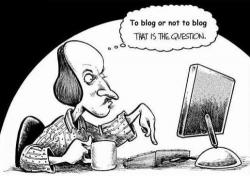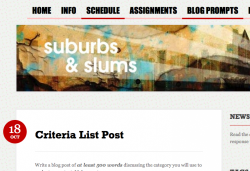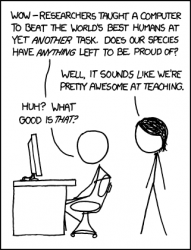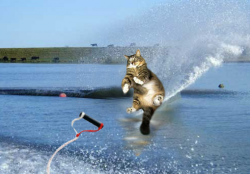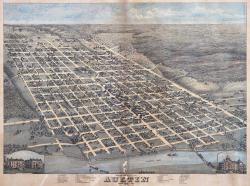
In the last three decades, our understanding of early modern literature and culture has been enriched by a renewed attention to data that might be called "archival." Because of the proliferation of digital repositories such as Early English Books online, scholars and teachers have increasing home access to resources previously restricted to on-site consultation. While such archival material is often incorporated into graduate and advanced undergraduate teaching, there is also significant opportunity to employ it in the instruction of early-major and non-major literature students

